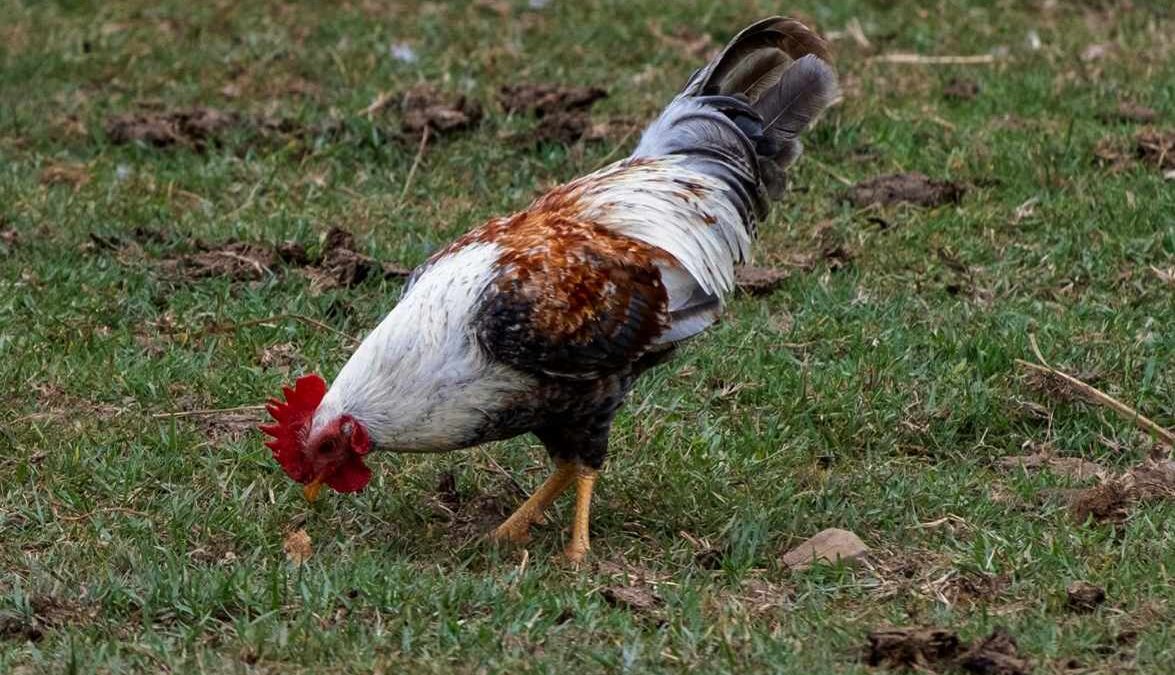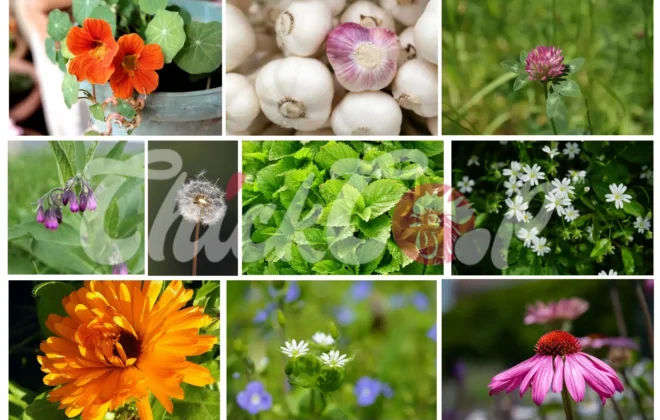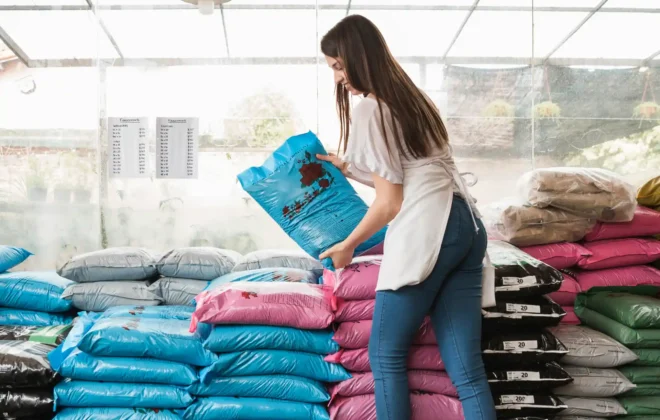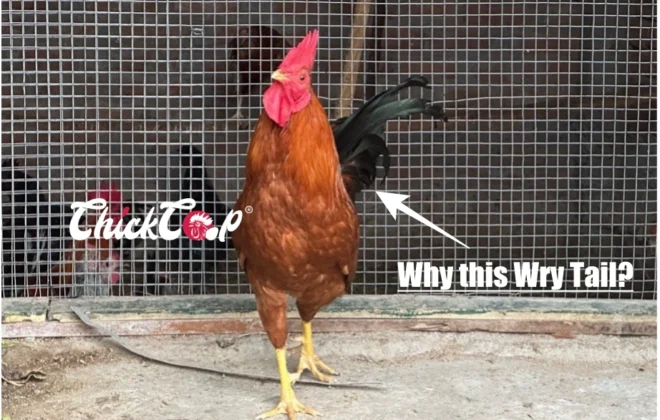
Beware of Toxic Plants
Beware of Toxic Plants: Protecting Your Chickens from Hidden Dangers
Raising chickens is an incredibly rewarding experience. Not only do these feathered friends provide a steady supply of fresh eggs, but they also bring a unique charm to your backyard or farm. However, along with their curious personalities comes a natural tendency to peck at anything that looks remotely edible. While this behavior is entertaining to watch, it can also put your flock at risk if they come across toxic plants.
Chickens and Their Curious Nature
Chickens are natural foragers. They scratch, peck, and sample their environment all day long. This instinct helps them find insects, seeds, and bits of greenery to supplement their diet. But their curiosity doesn’t come with an instruction manual—chickens don’t instinctively know which plants are safe and which could make them sick. That responsibility falls on us as caretakers.
Unfortunately, not all plants in your yard, garden, or pasture are chicken-friendly. Some common landscaping plants and even weeds contain substances that can be harmful—or in severe cases, deadly—to poultry.
Why Toxicity Varies
It’s important to understand that plant toxicity isn’t always straightforward. Several factors can influence how dangerous a plant may be to your chickens:
Growth stage: Some plants are more toxic when young, while others pose greater risks once they’ve matured or gone to seed.
Environmental conditions: Stress factors like drought can increase toxin levels in certain plants, making them more dangerous than usual.
Individual chicken health: A strong, healthy bird may resist the effects of a small nibble, while a young chick or stressed hen could be more vulnerable.
Because of these variables, it’s never wise to assume that “just a little” of a toxic plant is safe. Prevention and awareness are key.
The Role of Taste
Here’s one silver lining: many toxic plants have a bitter or unpleasant flavor. Chickens often take one peck and walk away. This natural safeguard helps protect them from overindulging in harmful greens. However, when food is scarce, chickens may be less picky. If a bird is hungry and other foraging options are limited, it might return to nibble on something unsafe.
For example, chickens kept indoors without regular access to safe greens might be more tempted to chew on houseplants. Unfortunately, many popular indoor plants—such as philodendron, peace lilies, or pothos—contain compounds that can upset their digestive system.
Common Toxic Plants to Watch For
While the list of potentially harmful plants is extensive, here are some of the most notable ones backyard chicken keepers should be aware of:
- Nightshade family (tomato, potato, eggplant leaves and unripe fruit)
- Oleander
- Foxglove
- Azalea and rhododendron
- Yew
- Daffodils and tulips (bulbs especially)
- Castor bean
- Avocado leaves and pits
This is by no means a complete list, but it shows how easily toxic plants can find their way into a chicken’s environment—whether in your landscaping, garden, or wild pasture growth.
- What Happens If Chickens Eat Toxic Plants?
The effects depend on the plant and how much was consumed. Signs of poisoning can include:
- Lethargy or weakness
- Loss of appetite
- Digestive issues (diarrhea, vomiting-like behavior)
- Difficulty breathing
- Sudden death in severe cases
If you suspect your chickens have ingested something harmful, it’s best to act quickly. Remove the suspected plant from their reach, isolate affected birds, and consult a veterinarian familiar with poultry.
Prevention: The Best Cure
The good news? Keeping your flock safe from toxic plants is manageable with a little planning:
- Provide plenty of safe forage: Give chickens a variety of greens, kitchen scraps (safe ones), and balanced feed so they’re less tempted by unknown plants.
- Survey your yard: Walk through your garden and pastures regularly to identify and remove plants that pose a risk.
- Educate yourself: Make a list of toxic plants common in your area and keep it handy for quick reference.
- Limit houseplant access: If your chickens ever wander indoors or live in enclosed coops, make sure houseplants are well out of reach.
Protecting Your Flock = Peace of Mind
At the end of the day, your chickens rely on you to keep them safe. By learning about toxic plants and being proactive, you can create an environment where your flock thrives—without the hidden dangers lurking in the garden.
Your chickens deserve the best care, and sometimes all it takes is a little extra guidance to make sure they live long, healthy, and productive lives.
Want expert help identifying toxic plants around your home or farm? Or need guidance on building a safe diet plan for your flock? Give us a call today! Our team is here to answer your questions and help you keep your chickens safe, healthy, and happy.
At ChickCoop®, we’re more than just a Chicken Company, writing interesting blogs about them– we’re your trusted partner in building a modernized, sustainable and profitable farm. From breed selection to buy-back support, feed guidance, and modern farm management tips, we ensure farmers like you achieve the best results and profits.
Call us today to discuss your farming needs
📧 Email us at: write@chickcoop.in
📞 Call us: +91-9939209699


